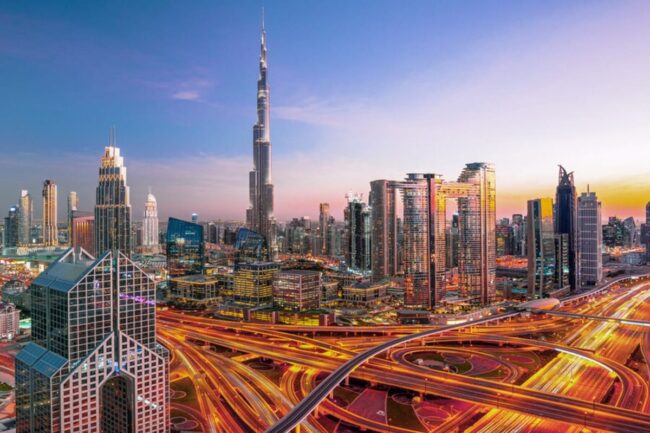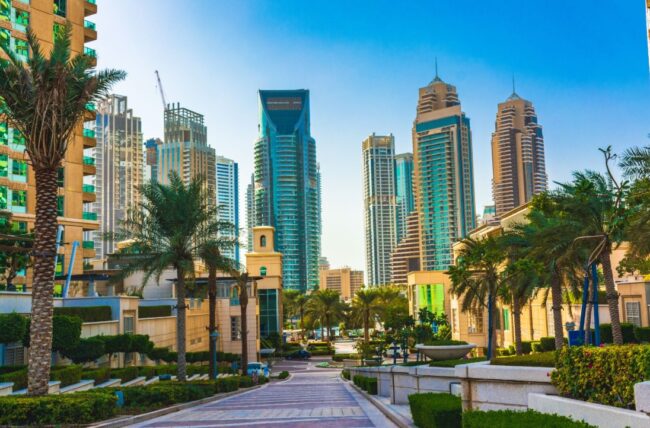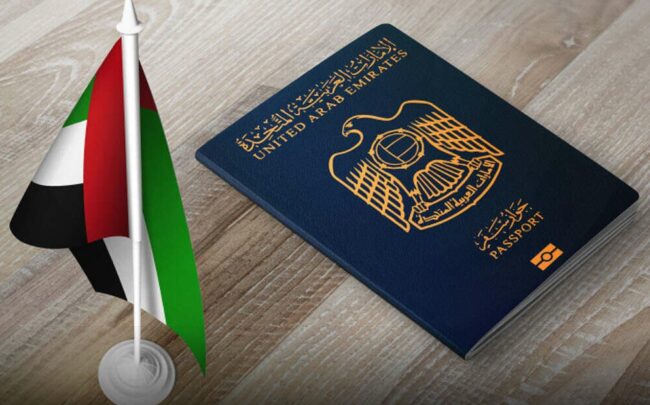
Dubai isn’t just a place you visit once and forget. It’s a city that stays in your mind ─ glittering skylines, year-round sunshine, a sense of possibility in the air. And for a growing number of people, it’s not just a place to visit. It’s a place to live, build, and belong. One of the fastest and most straightforward ways to do that? Real estate.
Dubai has opened its doors wide to foreign investors, and in return, it offers residency that’s tied to property ownership. But if you’re thinking it’s all champagne towers and penthouse deals, it’s not. The process is structured, legal, and doable ─ but you need to move efficiently and know where the shortcuts and snags are.
Let’s walk through the actual steps it takes to secure your Dubai residency through real estate investment.
Step 1: Decide What Kind of Residency You Want
There’s more than one type of residency you can apply for through real estate, and your choice depends on your budget and goals. A reputable real estate agency in Dubai can walk you through which properties meet the visa thresholds and which ones to skip.
Here’s a breakdown:
|
Residency Type |
Minimum Property Value |
Validity |
Renewable |
| 2-Year Property Visa | AED 750,000 (approx. $204,000 USD) | 2 years | Yes |
| 10-Year Golden Visa | AED 2 million (approx. $545,000 USD) | 10 years | Yes |
A few key notes:
- The property must be fully completed (no off-plan).
- You must fully own the property (mortgages are allowed, but certain rules apply).
- The property must be residential (not commercial or land plots).
If you’re investing with a spouse, the total investment can be combined, as long as both names are on the title deed.
Step 2: Choose a Property That Qualifies

You can’t just buy any flat or villa and expect a residency visa to land in your lap. Dubai’s Land Department (DLD) has specific requirements for properties that qualify.
Here’s what to check for:
- Freehold status – This means full ownership for non-UAE nationals. Areas like Dubai Marina, Downtown Dubai, JVC, and Business Bay are all popular freehold zones.
- Completed property – No off-plan properties. It must be ready to move into or rent out.
- Proper valuation – The property’s value must meet or exceed the minimum required at the time of title transfer, not just the purchase contract.
Many investors go through trusted developers like Emaar, Damac, or Sobha because the paperwork tends to be smoother and better aligned with visa rules.
If you’re buying on the secondary market, work with a licensed broker familiar with residency-linked properties. Don’t just rely on flashy listings or WhatsApp agents promising fast deals.
Step 3: Finalize the Purchase Without Delays
Property purchases in Dubai are relatively fast, but there are still a few hoops to clear.
Documents you’ll need:
- Passport copy
- Emirates ID (if you already reside in UAE)
- Proof of funds or mortgage pre-approval
- Signed Memorandum of Understanding (MOU) if buying secondary
Expect to pay:
- 4% DLD registration fee
- Agency commission (usually 2%)
- NOC fee (if applicable) from developer
- Trustee office fee for title transfer
Once the payment is made and the title deed is issued in your name, you’re eligible to start the residency process.
Step 4: Apply for Your Residency Visa

You’ll now apply for your visa under the Dubai Land Department’s Real Estate Services Trustee offices or through the Dubai REST app.
Here’s how the process typically unfolds:
For the 2-Year Investor Visa:
- Obtain a property valuation certificate from DLD
- Apply through a DLD-approved Trustee Center
- Medical fitness test and Emirates ID biometrics
- Visa issued in 7–15 business days
For the 10-Year Golden Visa:
- Apply for property valuation and Golden Visa eligibility check
- DLD reviews the property value (must exceed AED 2 million without mortgage)
- Once approved, submit visa application through GDRFA or DLD platforms
- Undergo medical fitness and biometrics
- Golden Visa stamped in your passport, typically within 2–3 weeks
Important: If the property is mortgaged, you must show at least AED 2 million of paid-up value (not the loan balance).
Step 5: Move Smart – Open Bank Accounts, Get Utilities, Set Up Life
Once you have your residency visa, you’ll want to act quickly to set up everything else.
Start with:
- Emirates ID – It’s your lifeline to everything: mobile service, leasing a car, utility bills, and even Amazon UAE.
- Local bank account – Needed for day-to-day expenses and business dealings. Banks like Emirates NBD and Mashreq are used to working with real estate visa holders.
- DEWA account – Dubai Electricity and Water Authority. You’ll need this to turn on the lights and AC in your new property.
And yes, you can also lease out your property while holding a visa ─ many Golden Visa holders buy to rent out and simply visit the UAE periodically to keep their visa active.
Common Mistakes That Slow Everything Down

Here’s where people lose weeks or even months:
- Buying off-plan – Even if it’s a great price, off-plan properties don’t qualify for residency until completed.
- Underestimating the valuation – If your AED 750,000 property gets valued at AED 720,000, you’re out of luck. Always aim a little above the threshold.
- Working with unlicensed agents – The real estate market is booming, which attracts a lot of freelancers with no official credentials. Always check for RERA certification.
- Not budgeting for all fees – The visa, title, and agency costs can add up. Budget around 7–8% of the property price for all transaction-related costs.
Can You Speed Things Up?
Yes. If time is critical, here’s how to fast-track the process:
- Buy ready-to-transfer property – Some units come with clean titles and DLD clearance, which means you can close in a week.
- Go through DLD-approved trustee offices – They can handle title transfers, valuation, and visa all under one roof.
- Pre-book your medical and biometrics once your visa application is submitted — that alone saves several days.
Also, if you already hold a tourist visa, you can convert it into a residency visa without leaving the country. That’s one of the lesser-known perks many investors miss.
What About Families?

Good news — property-linked visas allow family sponsorship.
You can sponsor:
- Spouse
- Children (usually up to age 25 if male, no limit if female and unmarried)
To do this:
- Provide attested marriage and birth certificates
- Show income or proof of support (which the property ownership can satisfy)
- Complete a separate visa process for each dependent
Many investors use this setup to secure long-term stays for the entire household, whether they plan to live in Dubai full-time or just winter in the Gulf.
Act Fast, but Stay Grounded
Dubai’s real estate–based residency pathway is one of the most accessible globally. The rules are clear, the timelines are reasonable, and the lifestyle benefits are real. But don’t let the ease of access trick you into rushing without checking the fine print.
Buy the right property, meet the minimums with a safety margin, and work with professionals who’ve handled these cases before. It’s absolutely possible to go from browsing listings to holding an Emirates ID in your hand within 30–45 days ─ but only if every step is done right the first time.
There’s no need to wait for “someday” or second-guess every turn. If you’ve got the budget, the desire, and a little bit of hustle, your next mailing address could have a Dubai skyline in the background.
